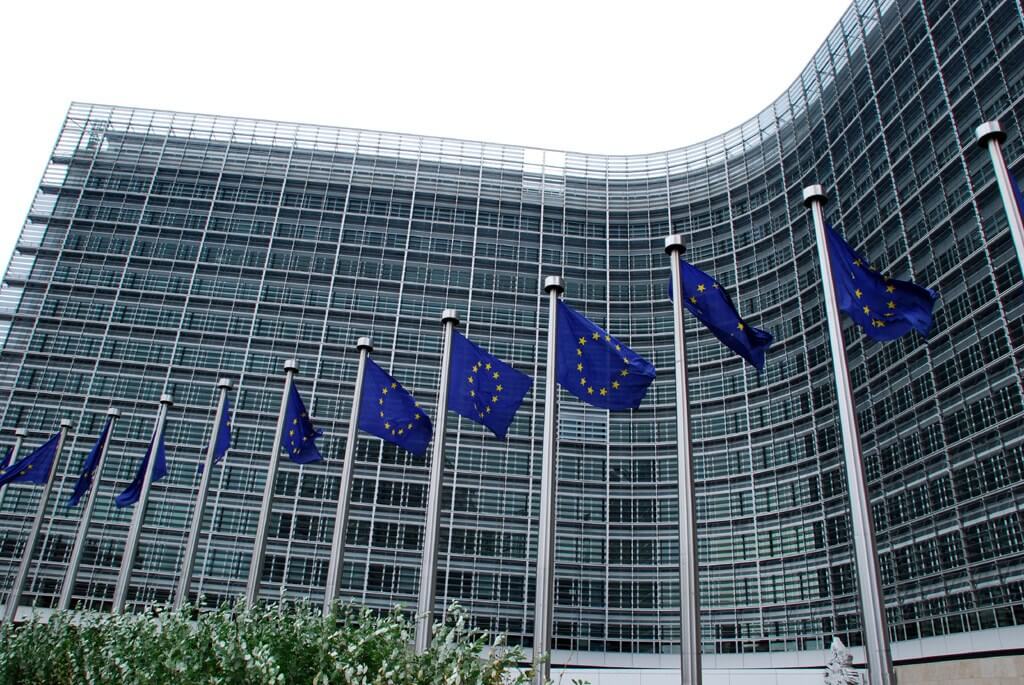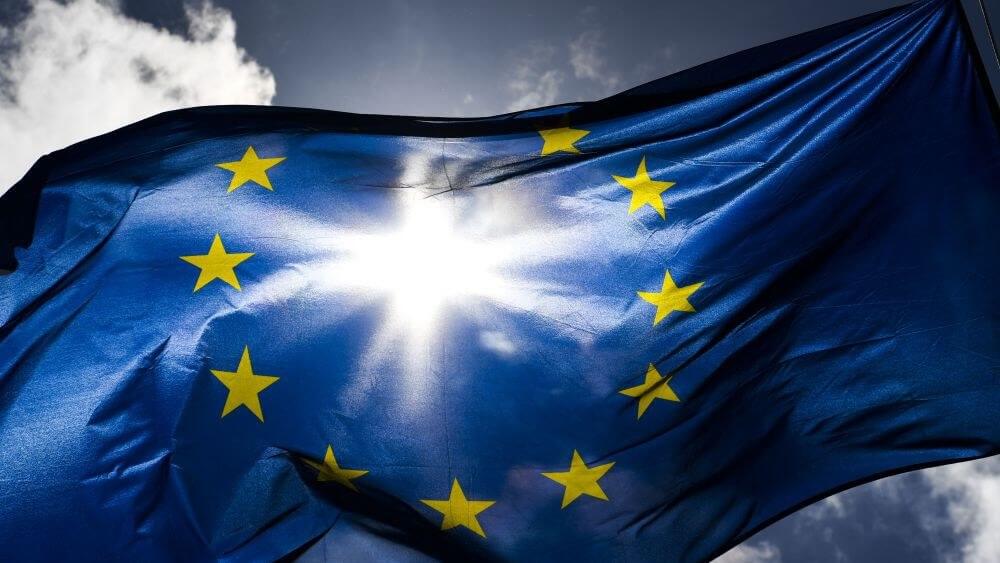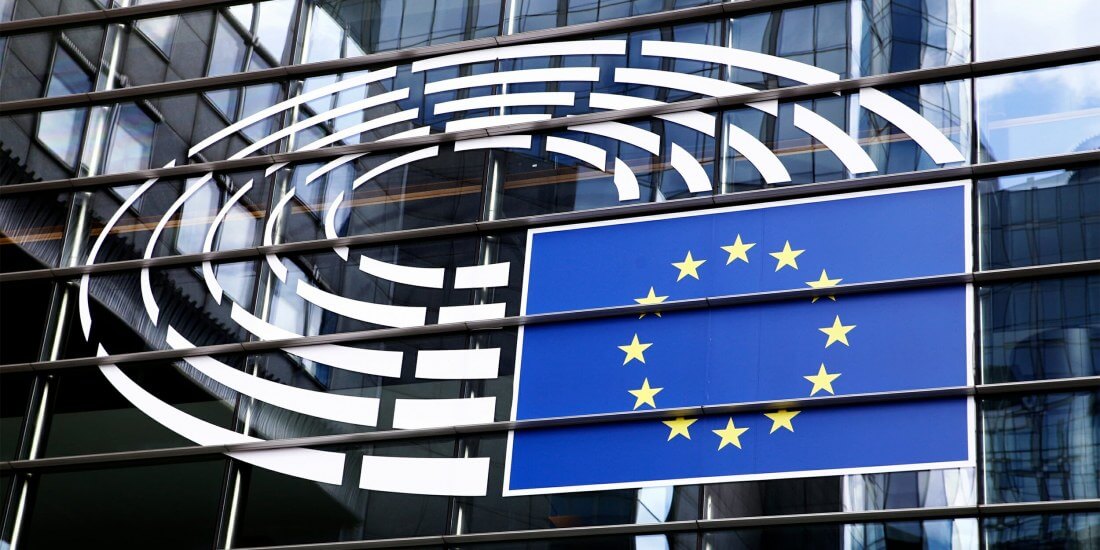
If you thought the FCC's decision to end net neutrality was problematic, the European Parliament's latest vote will probably worry you even more.
The organization has decided to make sweeping changes to European copyright law, with the alleged goal of "properly compensating" publishers, journalists, musicians, and artists for the work they do.
At first, this may seem like a pretty good deal. After all, few people really want to hurt the livelihoods of passionate content creators and artists. However, as is often the case with proposed copyright law changes, the execution of this ruling is starting to look pretty worrisome.
For starters, content published on platforms like YouTube or Facebook would need to be even more heavily policed by tech companies, as they would need to scan their websites for anything that matches copyrighted work. Why? Because Article 13 of the copyright overhaul would reportedly make them liable for the content their users upload.

Critics of this bill worry that the legislation is too heavy-handed, and may unfairly target memes and other satirical or transformative works.
"Anything you want to publish will need to first be approved by these filters," One of the bill's most outspoken critics and German lawmaker Julia Reda said in a statement (via PC Gamer). "Perfectly legal content like parodies and memes will be caught in the crosshairs."
Of course, the potential destruction of meme culture isn't the only thing people are concerned about - it would take a lot more than that to get prominent lawmakers like Reda up in arms. The other point of contention many have with this copyright bill is Article 11, which allegedly introduces something called a "link tax."
Link taxes would reportedly force platforms like Google or Twitter to pay news sites for linking to their articles if "more than a single word" from the article's headline is used, Boing Boing says.

If Article 11 goes unchallenged, the tech giants in question would almost certainly block users from sharing these links to begin with, since it's unlikely that they'll be willing to shell out cash every time a user tries to share an article on their platforms. In other words, tech giants may simply opt to take their ball and go home.
It should be noted that despite the inflammatory articles you might see hovering around the internet on this issue, this matter is not set in stone just yet. Yes, Parliament has voted in favor of the changes, but that's only a single stage of a much lengthier process.
Moving forward, European Union lawmakers and various Commission members will sit down and discuss the proceedings in more detail. With that in mind, whether you agree with this bill or not, now is the time to make your voice heard.